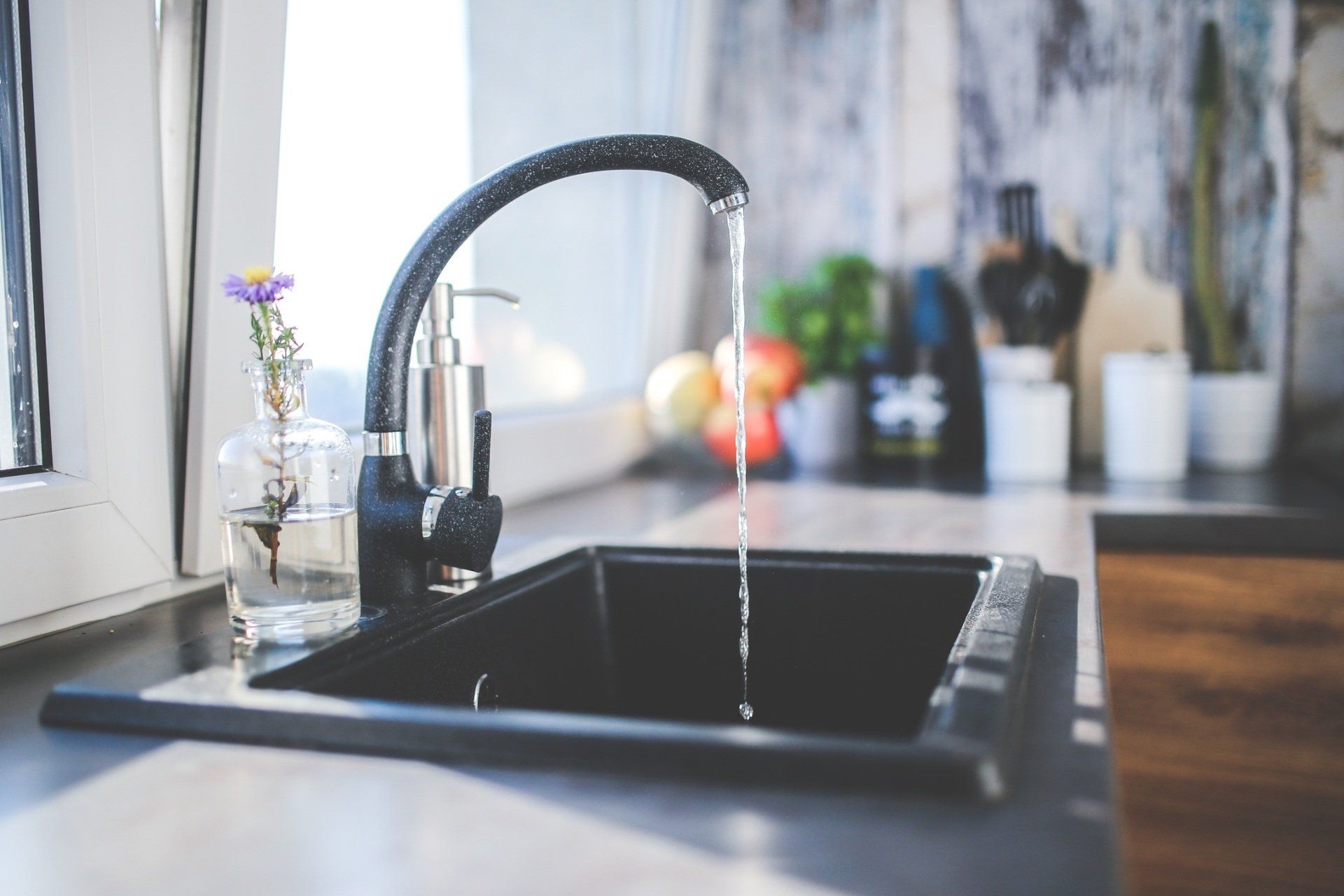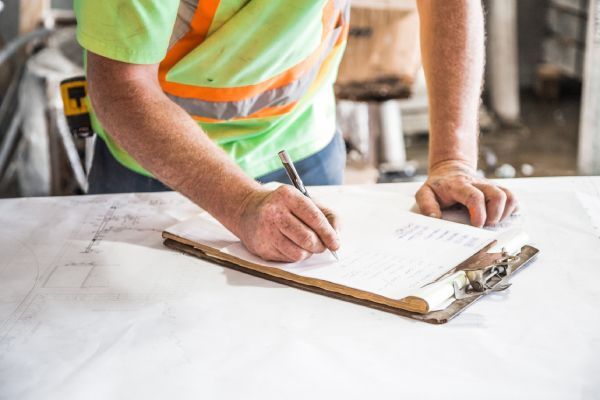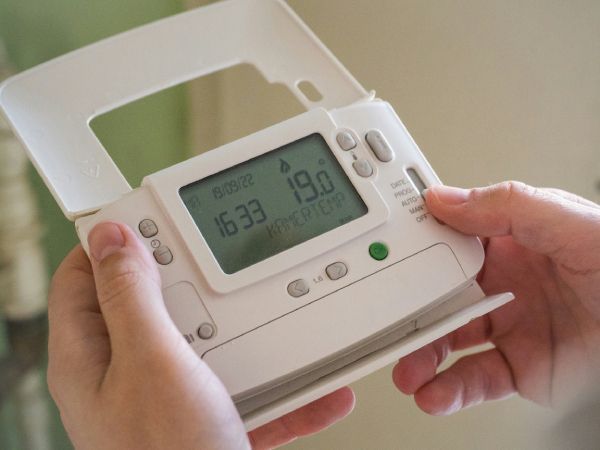Master Plumbers Blog
10 Questions to Ask Before Upgrading Your Home Plumbing System
Upgrading your New Zealand home’s plumbing system is a significant decision that directly impacts its comfort, functionality, and safety. The plumbing system serves as the backbone of daily activities, providing access to clean water and efficiently eliminating wastewater; an upgrade can interrupt these essential functions. Thus, it’s important to consider whether it’s actually necessary to upgrade your home’s plumbing system.
To make the most of this project, you also need to find a reliable
plumbing Dunedin-based company that can offer excellent craftsmanship and quality materials at a reasonable price. Then, to help you make the best decision, ask yourself and the plumbing company you are planning to hire for the job the following questions:
What is the age of your current plumbing system?
Before even considering an upgrade, assess the age of your existing plumbing system. Older systems may be more prone to wear and corrosion; additionally, they’re more likely to show signs of potential issues such as leaks or reduced water quality.
If your plumbing is nearing the end of its lifespan, it may be more cost-effective to invest in a comprehensive upgrade rather than repeatedly fixing old components. Knowing the age of your home’s plumbing system also helps in determining the compatibility of newer technologies with your current setup.

Are there any recurring plumbing issues?
Persistent issues like leaks, clogs, or low water pressure may indicate underlying problems in your home plumbing system. While some problems can be fixed with repairs, a complete system overhaul might be necessary to address multiple, repeated issues. A thorough evaluation of your home’s plumbing system will help you determine if an upgrade is necessary to effectively resolve these issues.
Do you have lead pipes or other outdated materials in your plumbing?
Many older homes have a high chance of having a plumbing system constructed from materials that do not meet current safety standards. An older plumbing system, for instance, can still have lead pipes that pose serious health risks and need to be replaced promptly. Upgrading your plumbing allows you to completely get rid of outdated and potentially hazardous components in your plumbing system and replace them with modern, safe alternatives like copper, PEX, or PVC.
What are the local building codes and regulations?
It’s important to know that each region will have specific building codes and regulations for plumbing safety and compliance. Failure to meet these codes can lead to various complications, including legal issues. Researching about the guidelines that your home plumbing system is subject to can help you ensure that your upgrade meets the necessary standards and operates seamlessly within the legal framework.

Have there been any changes in water usage patterns or family size?
Changes in water usage patterns, which can be caused by increase in family size or alterations in daily routines, can affect the efficiency of your current plumbing system. If your plumbing setup is struggling to meet the demands of your household, it might be the time to consider an upgrade. Upgrading allows you to tailor your plumbing system to specific needs and to ensure optimal performance in line with any lifestyle changes.
Is it more cost-effective to repair or replace specific components?
When plumbing issues arise, it's essential to determine which is the more cost-effective solution: repairing specific components or opting for a complete upgrade. While repairs may offer a temporary fix, frequent issues might indicate a broader problem. Thus, upgrading key components or the entire system can sometimes be the better choice to improve long-term reliability; it may also potentially save you money in the future. Consider the overall condition of your plumbing and the cost comparison between ongoing fixes and a comprehensive upgrade to make an informed decision.
What type of plumbing system is best suited for your home?
Different plumbing materials like copper, PEX, or PVC have varying levels of durability, price points, and compatibility with your home's specific needs. Copper pipes, while known for their durability, can be more expensive. PEX pipes are flexible and cost-effective, while PVC is resistant to corrosion. Understanding the characteristics of each material helps you choose a plumbing system that aligns with your budget and preferences.
Are there energy-efficient alternatives available?
Upgrading to low-flow fixtures, energy-efficient water heaters, and other sustainable technologies can help you reduce your environmental footprint, as well as lower utility costs. In short, when exploring plumbing upgrades, consider the long-term savings and environmental impact of energy-efficient alternatives.
Can you incorporate smart technology into your plumbing system?
Integrating technologies like smart thermostats, leak detection systems, and automated shut-off valves into your home plumbing system can offer real-time monitoring capabilities and potential cost savings. Assess the compatibility and benefits of these tech solutions that are available to you so you can create a more intelligent and responsive home infrastructure.

Have you received multiple quotes from reputable plumbers?
Before finalising your decision to upgrade, it's crucial to obtain quotes from multiple reputable plumbers. Gathering multiple quotes will help you gauge the fair market price and ensure that you choose a qualified and experienced plumber. Consider factors such as the plumbing company’s reputation and customer reviews, as well as the warranties offered by each plumber. Factoring these in when choosing a service provider will allow you to make a smart choice.
A plumbing upgrade involves a substantial investment, and a well-informed choice ensures that your chosen improvements align with not just your budget but also the specific needs of your home. By asking the right questions, you can approach this decision with confidence and fully commit to the temporary disruptions and long-term benefits that come with major plumbing upgrades.





